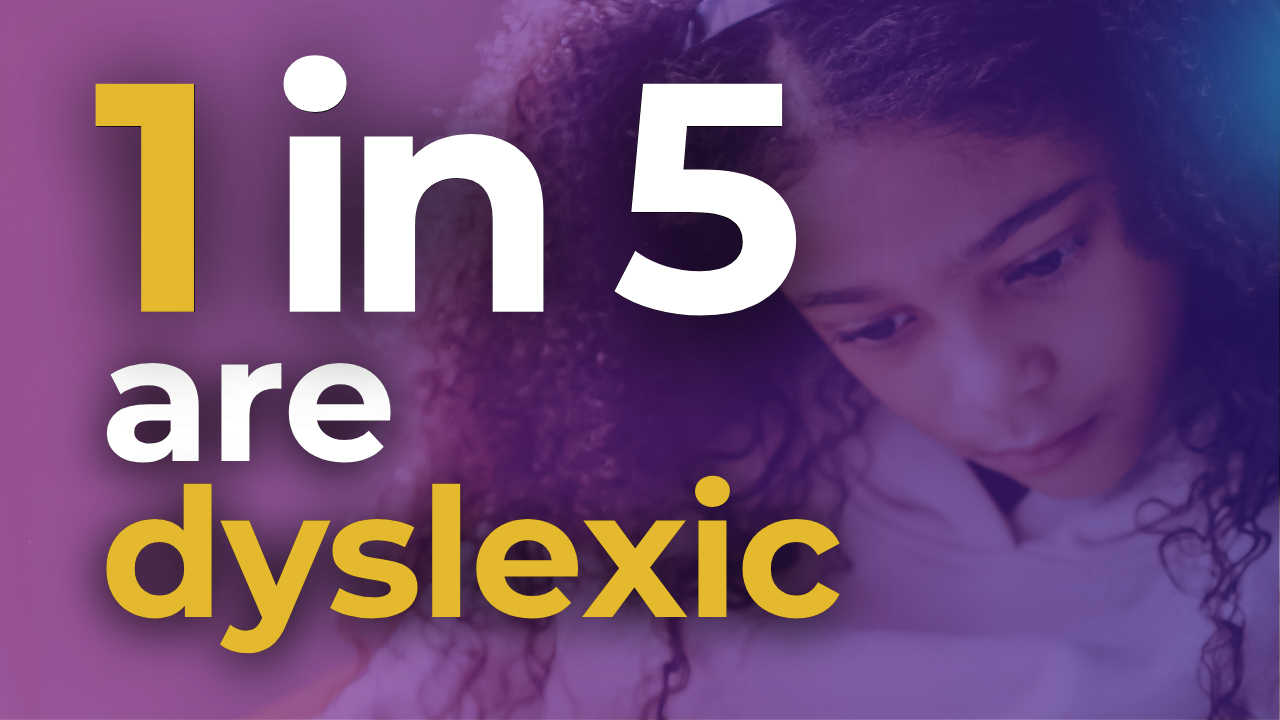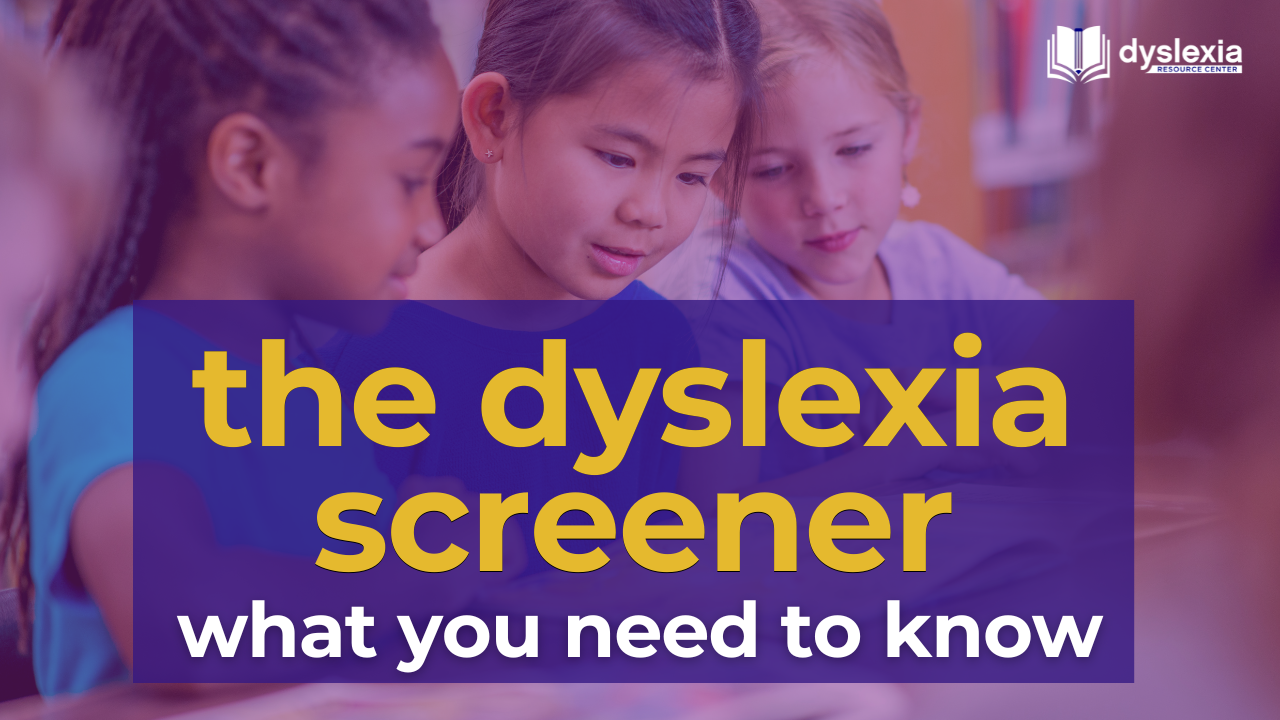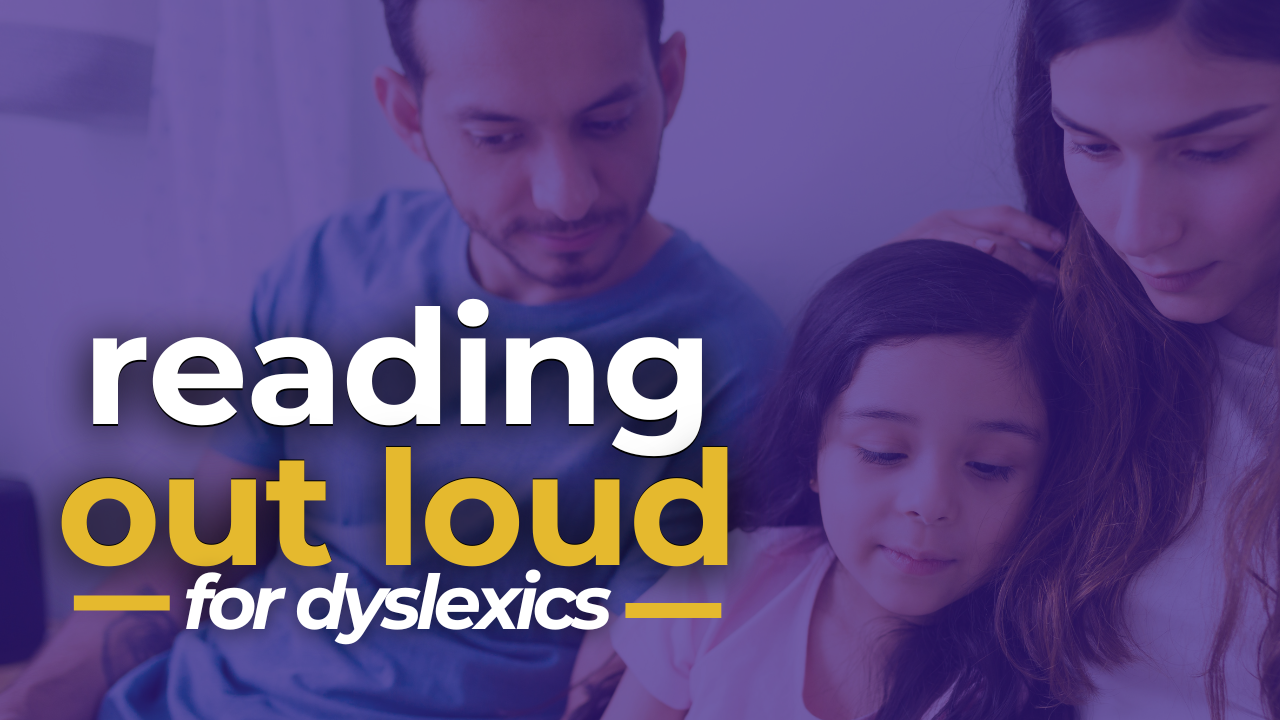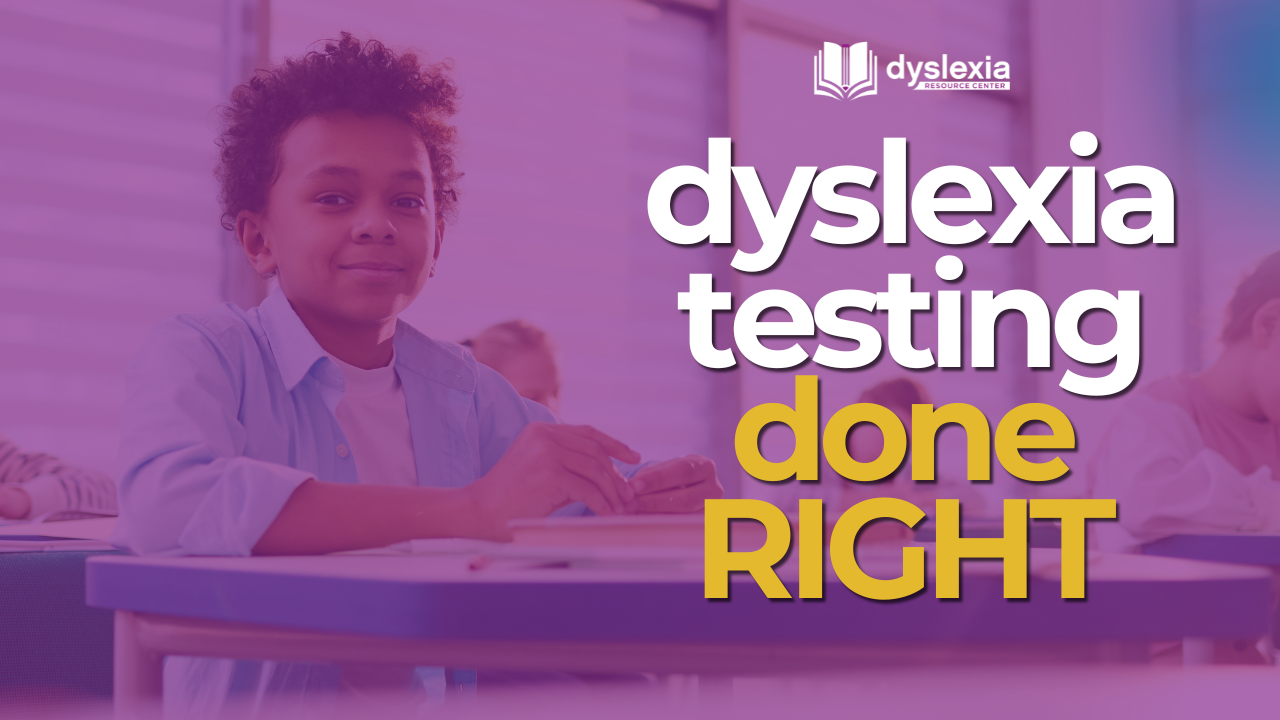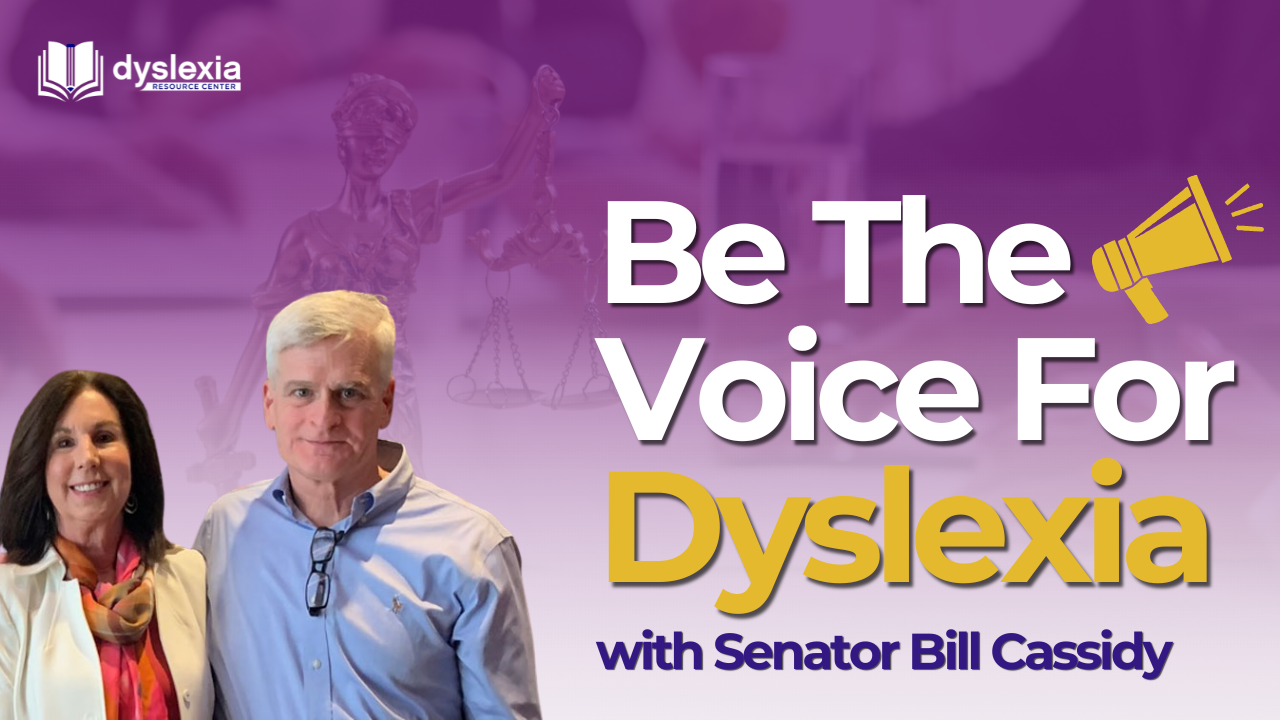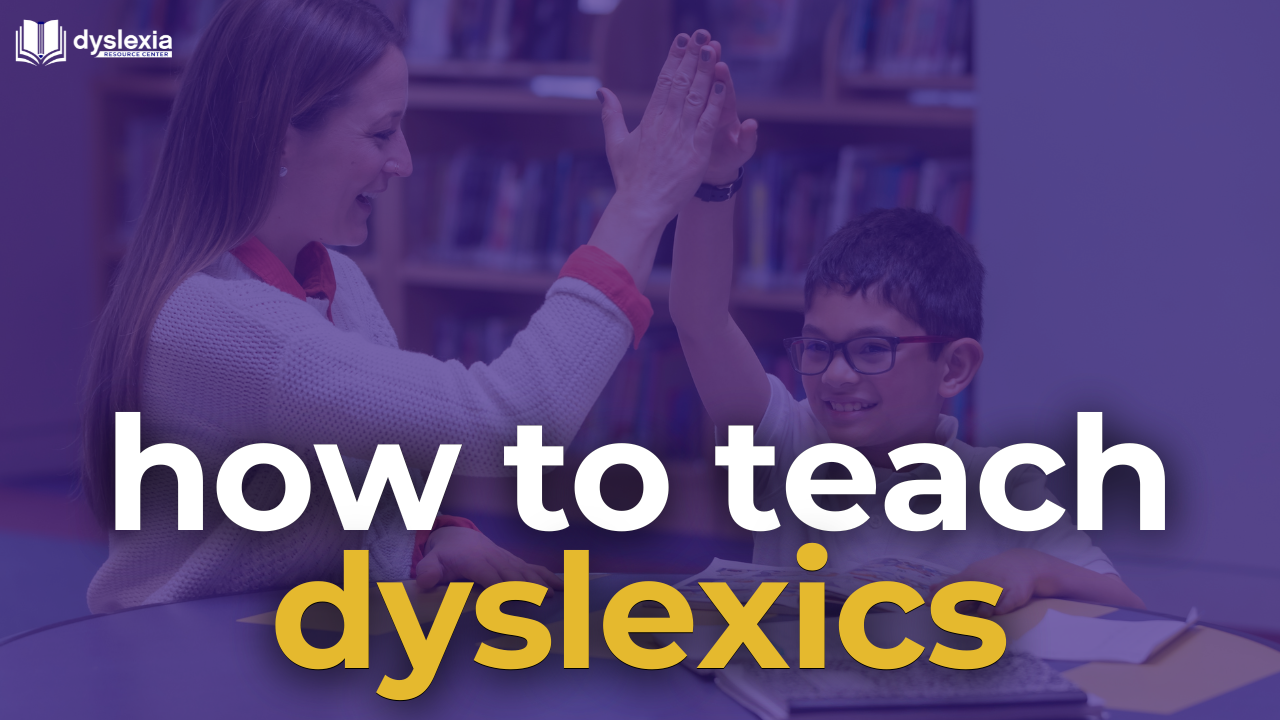A Failing System For Children With Dyslexia
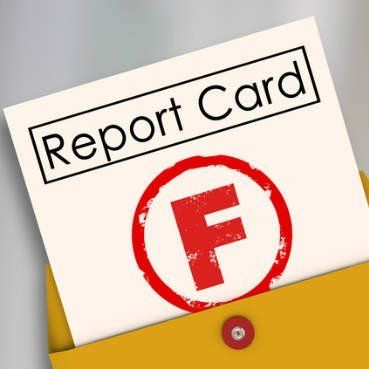
The Complexity of Reading Acquisition: Understanding Dyslexia Beyond Assumptions
Reading is often seen as a natural skill that develops effortlessly with exposure to text. However, this assumption overlooks the complexities of reading acquisition, especially for individuals with dyslexia. Contrary to popular belief, exposure to higher-level text does not automatically improve reading skills, particularly for those struggling with dyslexia.
The Overlooked Findings of the National Reading Panel: A Debate on Reading Instruction
The National Reading Panel's landmark report in 2000 outlined the fundamental principles of effective reading instruction. Unfortunately, these findings have often been overlooked, leading to ongoing debates between proponents of phonics instruction and advocates of whole language or balanced literacy approaches.
Dyslexia: More Than Just Reading Difficulty
To truly understand dyslexia, it is crucial to recognize that it extends beyond mere difficulty in reading. Dyslexia affects how individuals process language, making it challenging to break down words into their constituent sounds and match them to written symbols. This process, known as decoding, is essential for fluent reading and comprehension.
Early intervention is key in addressing dyslexia. In kindergarten, children lay the groundwork for reading through activities that develop phonemic awareness, letter recognition, and early literacy skills. By screening for dyslexia risk factors by the end of kindergarten, we can ensure early identification and intervention for those in need. Identifying and addressing foundational reading skills is essential to prevent dyslexic students from falling behind their peers.
Dyslexic students require specialized instruction that caters to their unique learning needs. This includes explicit instruction in phonemic awareness, decoding strategies, and vocabulary development. According to the National Reading Panel, 90 minute sessions of targeted instruction are recommended, ideally in small groups of six or fewer students. This allows for maximum individualized support and engagement.

Dyslexia: More Than Just Reading Difficulty
To truly understand dyslexia, it is crucial to recognize that it extends beyond mere difficulty in reading. Dyslexia affects how individuals process language, making it challenging to break down words into their constituent sounds and match them to written symbols. This process, known as decoding, is essential for fluent reading and comprehension.
Early intervention is key in addressing dyslexia. In kindergarten, children lay the groundwork for reading through activities that develop phonemic awareness, letter recognition, and early literacy skills. By screening for dyslexia risk factors by the end of kindergarten, we can ensure early identification and intervention for those in need. Identifying and addressing foundational reading skills is essential to prevent dyslexic students from falling behind their peers.
Dyslexic students require specialized instruction that caters to their unique learning needs. This includes explicit instruction in phonemic awareness, decoding strategies, and vocabulary development. According to the National Reading Panel, 90 minute sessions of targeted instruction are recommended, ideally in small groups of six or fewer students. This allows for maximum individualized support and engagement.

Building Reading Comprehension in Dyslexic Students: The Role of Connected Text
In addition to decoding instruction, introducing connected text is crucial for dyslexic students. By immersing students in a vocabulary-rich environment and providing opportunities to practice reading in context, educators can enhance comprehension and fluency while reinforcing decoding skills.
It's important to recognize that many bright students who struggle with reading are likely dyslexic. Without appropriate intervention, these students may continue to lag behind their peers, experiencing frustration and diminished self-esteem. Accurate decoding is foundational to reading success, and efforts to improve comprehension must prioritize building this essential skill.
Unfortunately, traditional approaches to reading instruction often fall short in meeting the needs of dyslexic students. Instead of persisting with ineffective methods, educators and policymakers must prioritize evidence-based practices that address the root causes of reading difficulties. Federal and state funding should support interventions that focus on foundational reading skills, rather than perpetuating outdated paradigms.
The Limitations of Response to Intervention (RTI) for Dyslexic Students
While Response to Intervention (RTI) programs are well-intentioned, they will not adequately address the needs of dyslexic students. Federal data shows that these programs often fail to produce meaningful improvements in reading outcomes. To truly make a difference, we must invest in interventions that target the specific challenges faced by dyslexic learners and provide them with the support they need to succeed.
Empowering Dyslexic Students: A Call for Supportive Educational Practices
In conclusion, understanding dyslexia and effective reading instruction is essential for unlocking the potential of all students. By prioritizing early identification, specialized instruction, and evidence-based practices, we can empower dyslexic individuals to overcome challenges and thrive academically.
Let's work together to create a more supportive educational landscape where every student has the opportunity to excel.
